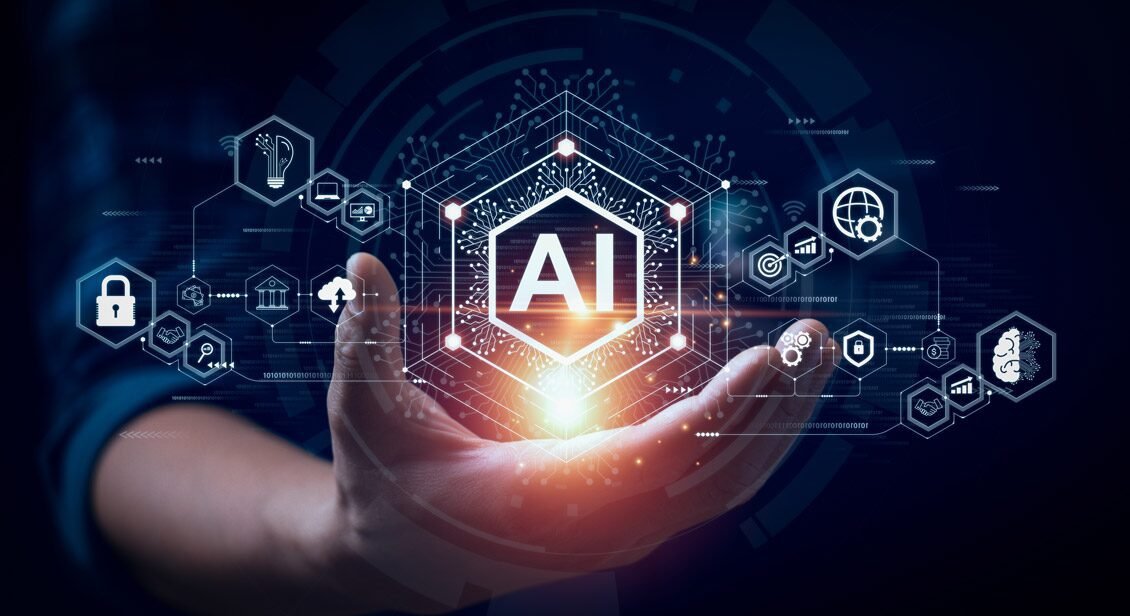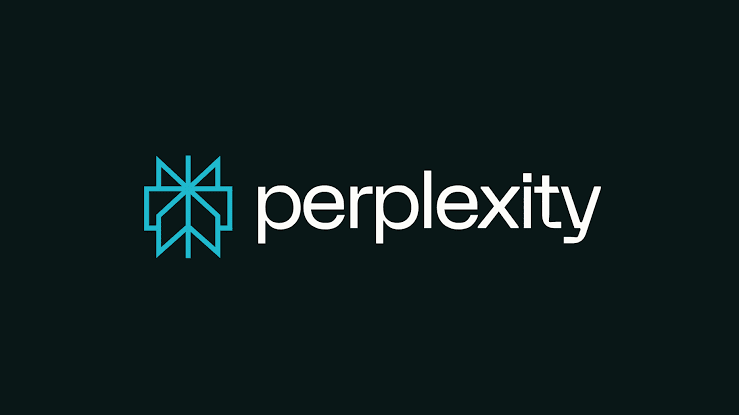How AI Is Changing the Legal System: Can Chatbots Help You Win a Case?

Can AI really help people represent themselves in court?
Artificial Intelligence is entering one of the most complex spaces yet — the legal system. Across the United States, a growing number of individuals are now using AI chatbots like ChatGPT and Perplexity.ai to represent themselves in court. With limited access to affordable legal aid, many pro se litigants are finding AI to be their unexpected ally.
Take the case of Lynn White, a California resident who faced eviction. Without funds for a lawyer, she turned to ChatGPT and Perplexity to help draft appeals, identify procedural errors, and research legal precedents. After months of litigation, she successfully overturned her eviction notice — avoiding nearly $70,000 in total penalties.
What are the risks of using AI for legal advice?
While some have celebrated victories, others have learned the dangers of depending on generative AI. These systems are prone to “hallucinations,” producing fake or inaccurate information that sounds real. Several litigants and even licensed attorneys have been penalized for submitting AI-generated filings filled with non-existent case citations and fabricated quotes.
In one notable case, a Florida businessman who used AI to draft documents was sanctioned for referencing 11 fake court cases. Judges are increasingly warning users to verify AI outputs before submission. Legal researchers say the problem has accelerated since early 2025, with hundreds of documented incidents of AI misuse in court filings.
Can AI level the playing field in the justice system?
Despite its risks, some legal experts see hope in AI’s potential to democratize justice. Pro bono attorneys in Los Angeles are now teaching people how to use AI safely — emphasizing fact-checking, cross-verification, and ethical use. AI cannot replace lawyers, but it can empower individuals to understand complex legal language and access information that was once out of reach.
As attorney Andrew Montez put it, “AI is the great equalizer.” Used wisely, it could help bridge the gap between those who can afford representation and those who can’t. But until accuracy improves, human judgment remains the final defense against digital errors.




